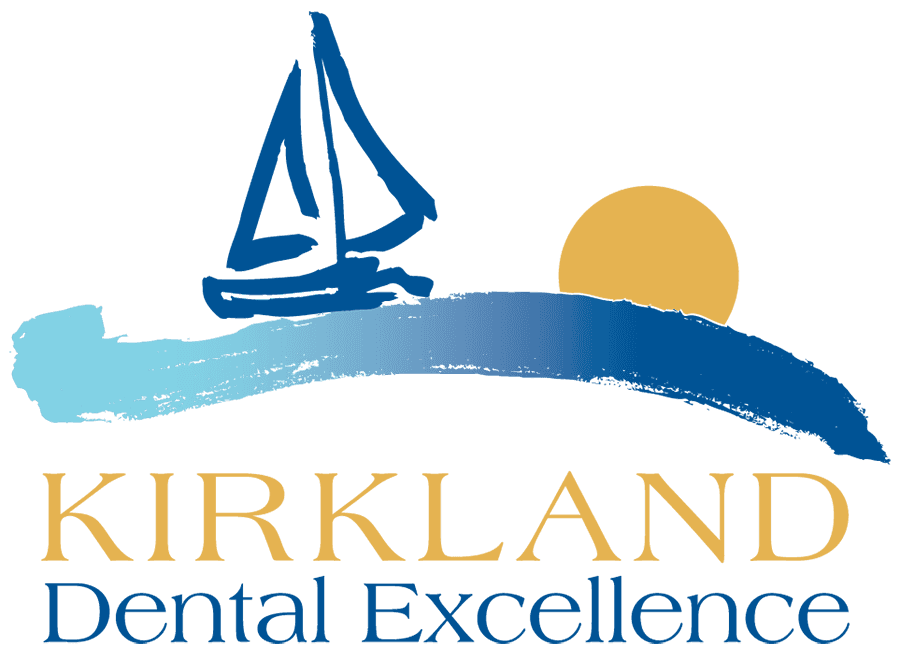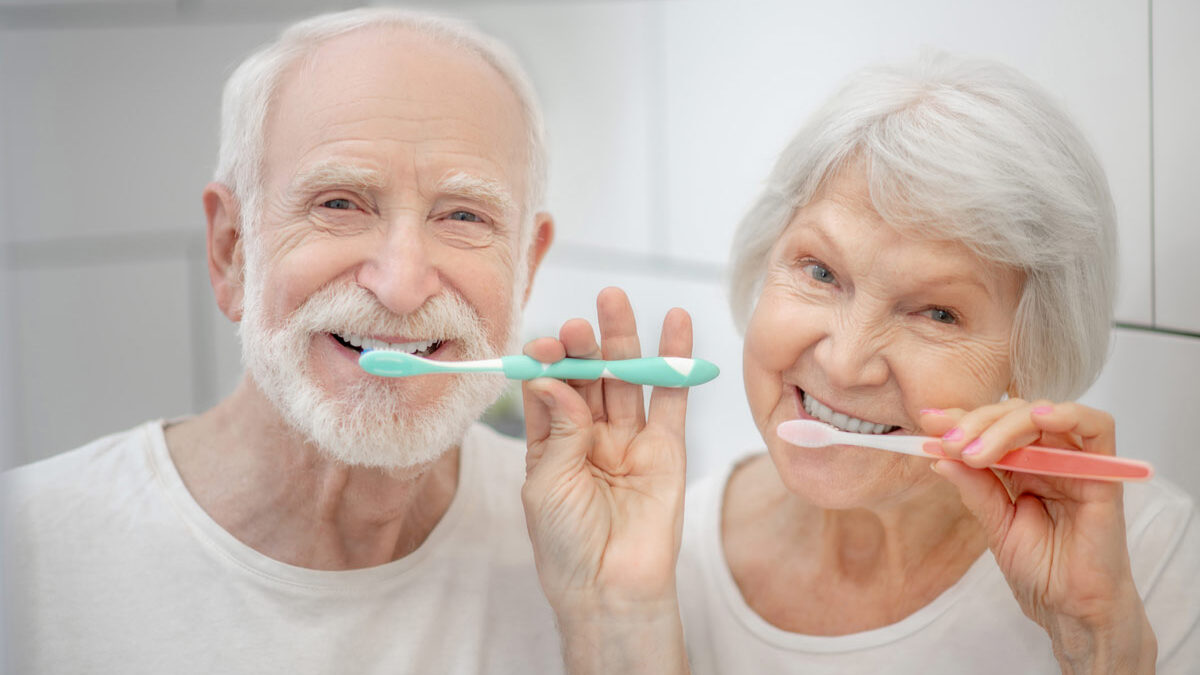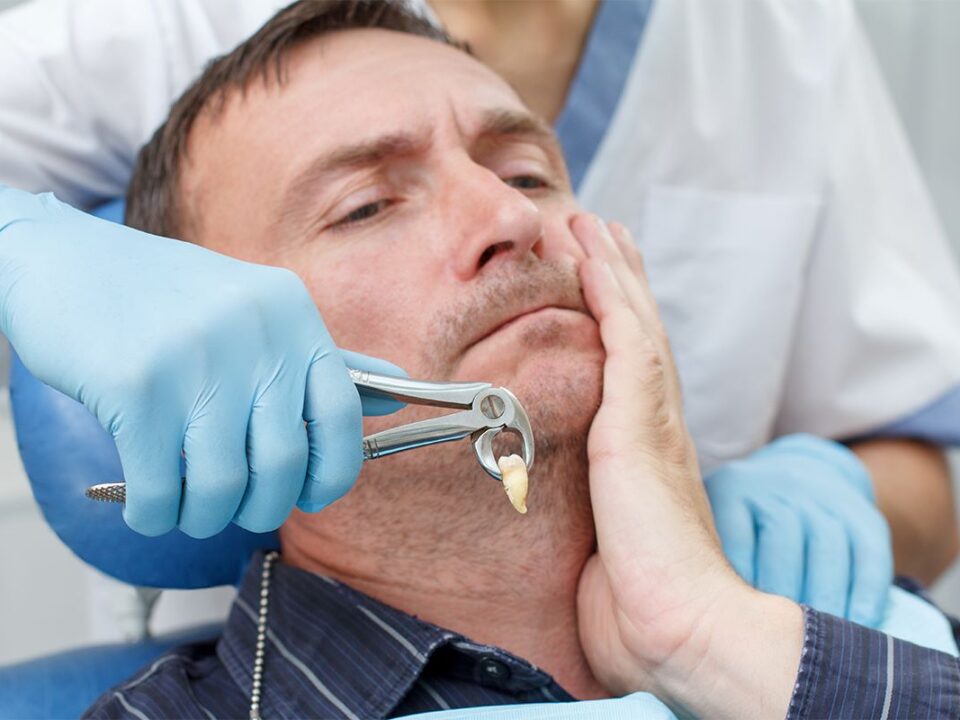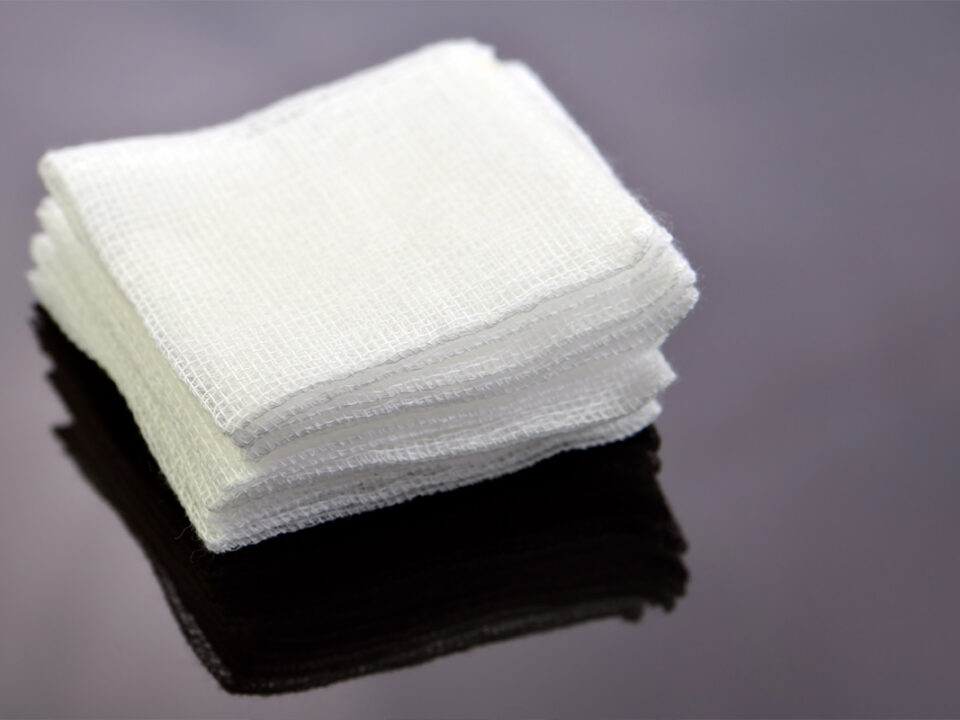Oral Health Relating To Alzheimer’s Disease and Old Age

Apicoectomy vs Root Canal
July 3, 2025
How To Fix A Chipped Tooth?
July 10, 2025As people age, many start to lose their memory and have more tooth and gum problems. These issues often happen together. Infections from the mouth can spread and may harm the brain. This makes dental care important for older adults. Oral health relating to Alzheimer’s disease and old age can affect both the body and the mind. In this article, we explain everything you need to know.
Table of Contents
ToggleWhat Is The Connection Between Oral Health And Alzheimer’s?
Oral health relating to Alzheimer’s disease and old age shows how teeth and brain health work together. When gums bleed or teeth fall out, harmful bacteria enter the bloodstream. These bacteria may reach the brain and create harmful effects. The body reacts by causing swelling, which can damage brain cells. This reaction can lead to memory problems or speed up mental decline.
How Can Your Oral Health Indicate Signs Of Alzheimer’s?
Oral health relating to Alzheimer’s disease and old age can show early signs before serious memory loss starts. A person may act differently or stop taking care of their mouth. These signs include:
- The person stops brushing their teeth.
- They forget how to use a toothbrush.
- Their gums start to bleed or look swollen.
- Their breath smells bad most of the time.
- There is a yellow coating or buildup on their teeth.
- Their mouth feels dry and makes eating or talking hard.
- They seem confused when brushing or flossing.
- They avoid cleaning their mouth or let others do it for them.
Oral Health Management In Patients With Alzheimer’s Disease
Oral health relating to Alzheimer’s disease and old age needs daily care and extra support. Many older adults cannot clean their mouths on their own. Caregivers and family members can make this easier by following simple steps:
- Help the person brush and floss their teeth every day.
- Use a soft toothbrush to keep the gums safe.
- Choose flossers that are easy to hold and use.
- Give short and clear instructions instead of long ones.
- Stay calm if the person refuses care and try again later.
- Offer small sips of water often to help with dry mouth.
- Use mouth rinses that do not have alcohol.
- Take them to the dentist regularly to catch problems early.
- Find a dentist who understands memory loss and how to treat it.
Good Oral Health May Help Protect Against Alzheimer’s
Oral health relating to Alzheimer’s disease and old age may help lower the risk of memory loss. People with clean and healthy mouths often have fewer brain problems. Good Kirkland dental care helps in many ways:
- Brushing twice a day removes harmful bacteria, which may stop them from reaching the brain and causing damage.
- Flossing every day clears out hidden germs between the teeth, which helps reduce swelling linked to memory loss.
- Keeping gums healthy lowers body-wide inflammation, which is often seen in people with Alzheimer’s.
- A clean mouth lowers the chance of infection that could spread and affect brain function.
- Good oral care helps older adults eat, speak, and stay social, which keeps the brain active and strong.
Let’s Recap
Oral health relating to Alzheimer’s disease and old age connects memory and dental care. Older adults face more health risks when their mouth is not healthy. Tooth pain, dry mouth, and infections all affect how the brain works. Families can take action now to protect their loved ones. Daily brushing, cleanings, and support help keep the brain sharp and the body strong.
FAQs
How often should someone with Alzheimer’s visit the dentist?
Every six months or more often if needed. Regular checkups at the best dentistry in Kirkland help prevent serious mouth problems.
Are Oral Health Issues Increased With Cognitive Conditions Such As Dementia?
Yes. People with dementia often have more tooth loss, gum disease, and mouth infections. They may forget daily care or avoid visits to the dentist.
Why Alzheimer's Patients Have Difficulty In Maintaining An Oral Hygiene Routine?
Memory loss and confusion make it hard to follow simple steps. Patients may not recognize a toothbrush or understand what to do.
What Is The Most Commonly Reported Oral Related Health Conditions Affecting An Older Person?
The most common problems are gum disease, tooth decay, and dry mouth. These issues appear more often in older adults who take medications or need help with brushing.
What kind of toothbrush is best for someone with memory problems?
A soft, electric toothbrush with a simple handle works best. It cleans well and is easier to use.




